Partners

Technikon Forschungs- und Planungsgesellschaft mbH, AUSTRIA
TECHNIKON (TEC) is a private, independent, Austrian SME with a highly specialized multinational team of 20+ engineers and scientists. It is dedicated towards engineering services as well as the planning, assessment and coordination of large industry driven international research projects. Technikon will take a leadership role and contribute in WP2, WP10 and WP11. They will act as coordinator and perform the overall project and consortium management. TECHNIKON will be responsible for reporting, controlling, and assessment of the project progress. Management functions in this project are, the Coordinator, the dissemination lead and to provide the project management and web tools for internal and external communication, inclusive of the project webpage. Our RTD contributions in this project are technology projections and the economical investigations of different product tracks in the targeted application areas.

IBM Research GmbH, SWITZERLAND
IBM Research – Zürich is one IBM’s 12 research centers around the globe. The goal of the group of systems biology at IBM Research – Zürich is the development of new methodological approaches for the analysis and exploitation of last generation bio- medical technologies. In the context of cancer, the group is actively involved in the development of new methodologies for personalized medicine exploiting multi-omics datasets and state-of-the-art approaches in machine learning and deep learning. IBM will be the technical coordinator of iPC and will ensure good cooperation between partners, monitor the overall technical progress and quality of results and deliverables, identify potential technical problems and propose mitigation actions, attend technical project meetings, and give technical presentations. IBM leads WP3 and coordinates efforts to apply Big Data techniques to multi-omics sets and biomedical publications, while focusing on the development of methods to integrate both sources of knowledge. Further IBM participates in WP4 and creates multi-layered patient similarity networks, integrating several types of information and participates in WP6 and applies deep learning and NLP approaches to improve the generation and automation of analysis and modeling reports. In WP7 IBM participates to adapt methods to infer clonal architecture in tumours to the analysis of leukemias and solid tumours. In addition, IBM applies deep learning techniques to the analysis of single cell proteomics data (CyTOF) and leads the exploitation and intellectual property rights task in WP10 and hence, will lead efforts to maximize the exploitation of results.

Baylor College of Medicine, USA
Baylor College of Medicine (BCM) is located in Houston's (Texas, USA) Texas Medical Center. The Texas Medical Center comprises 675 acres, is the world’s largest medical centre, and encompasses 42 not-for-profit institutions dedicated to the highest quality patient care, research, and education. Texas Children’s has recognized Centers of Excellence in multiple paediatric subspecialties including Texas Children’s Cancer Center, which is the largest paediatric cancer center in the USA and one of the largest in the world. BCMs main tasks are the lead of data collection and harmonization efforts in WP1. Particularly, collect pre-clinical, clinical, and molecular data from profiling efforts and studies in North America. BCM contributes to the construction of cancer type-specific multi-layered molecular and patient similarity networks (WP4) and will predict the effects of perturbations and identify intervention points based on reconstructed networks and perturbation data (WP5). BCM leads the development of heuristics to identify high-performing therapy schedules (WP6) and analyzes tumour heterogeneity, and adapt subclone inference methods to the analysis of timeseries data (WP7). Further BCM predicts the effects of alterations at the loci of non-coding RNAs (WP7) and will characterize preclinical models and validate predicted drugs by using in vivo models to test iPC findings (WP9).
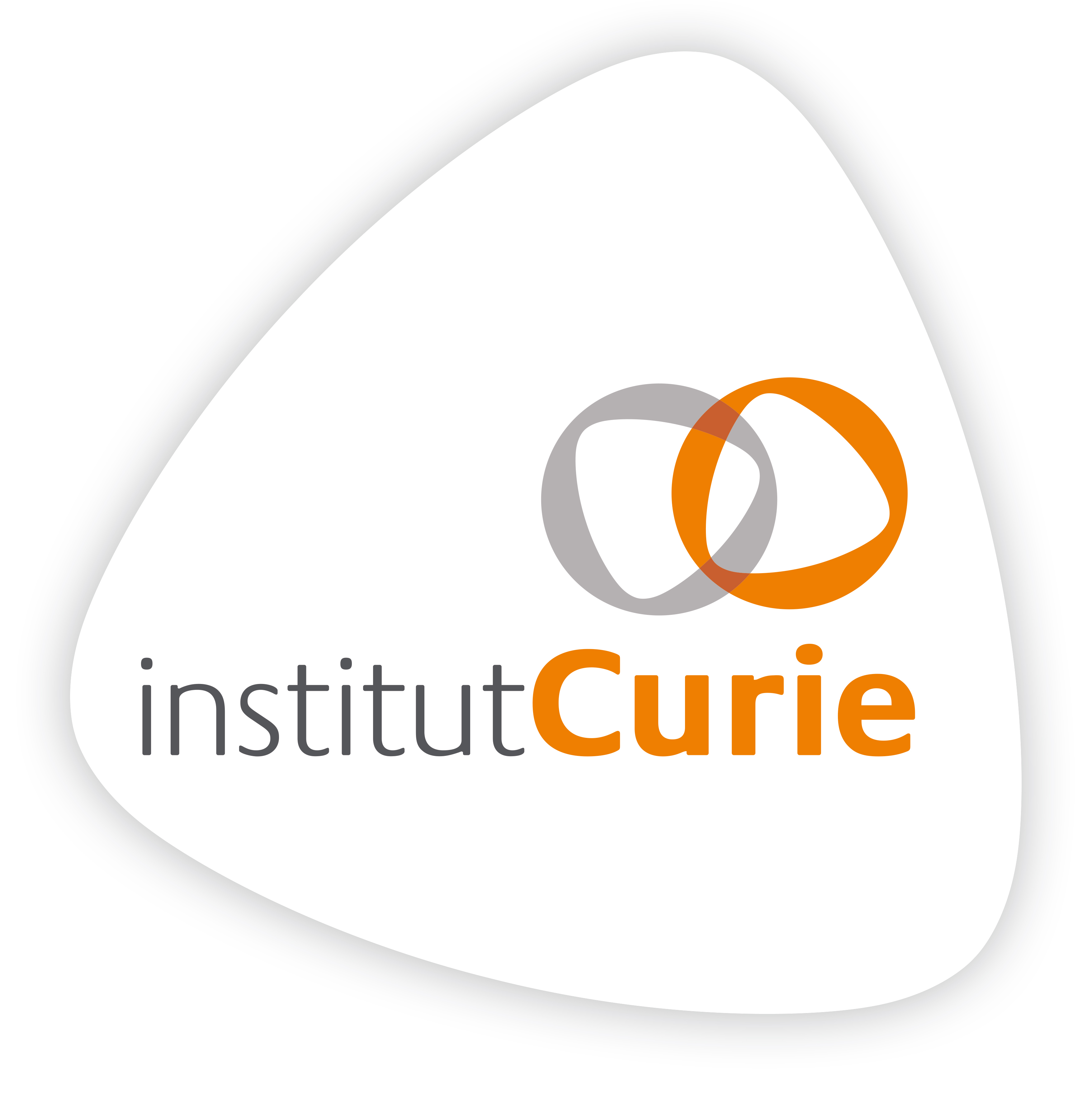
Institut Curie, FRANCE
Institut Curie is a Comprehensive Cancer Center composed of two hospitals and a research center, and totalizing 3000 staff persons. It is a world-class multidisciplinary cancer research centre combining research in biology, genetics, soft matter physics, organic and medicinal chemistry. More than 80 groups are part of the Institut Curie Research Centre, and they are divided into 14 research units associated with the CNRS, Inserm, and universities. Institut Curie specializes on several cancer types, including paediatric cancer types such as Ewing sarcoma, medulloblastoma and neuroblastoma. CURIE coordinates the collection of clinical and molecular paediatric cancer datasets, including high quality data from ES and MB studies (WP1). In WP2 CURIE performs multi-level matrix factorization on multi-omics datasets and in WP3 CURIE will build multilayer molecular networks, define communities and cancer subtypes in the molecular networks, and develop a network visualization platform. Within WP7 CURIE will characterize the role of non-coding elements in cancer dynamics and in WP8 CURIE develop models of metabolic switch based on integrative data analysis.
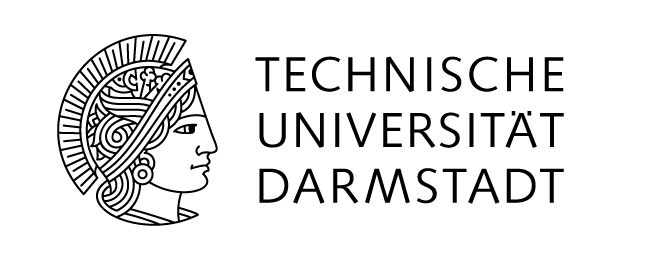
Technische Universität Darmstadt, GERMANY
Technische Universität Darmstadt (TUDA) is one of Germany’s leading technical universities. Its around 300 professors, 4,300 employees and 26,000 students devote their talents and best efforts to the significant future research fields energy, mobility, communications and information technologies, housing and living conditions. The wide variety of disciplines represented are all focused on technology, as viewed from the vantage point of engineering, the natural sciences, the humanities, and the social sciences, and cover the full range of academic endeavour, from the origination of basic concepts to practical, everyday applications. TUDA is Germany’s first autonomous university and has a state-funded budget of 245,2 million Euros (2016). Its capacity for innovation is evidenced inter alia by the steady growth in annual funding received from outside sources. TUDA will be responsible for developing dedicated machine learning algorithms to learn and to query relational statistical graphs (WP5). In particular, TUDA will tackle the longstanding problem of integrating fragmented mechanistic, biochemical knowledge with statistical evidence into a coherent probabilistic model of a disease knowledge graph that can be mined for clinical relevant queries through machine learning. TUDA will also collaborate with partner MPG on mechanistic models of WP6.
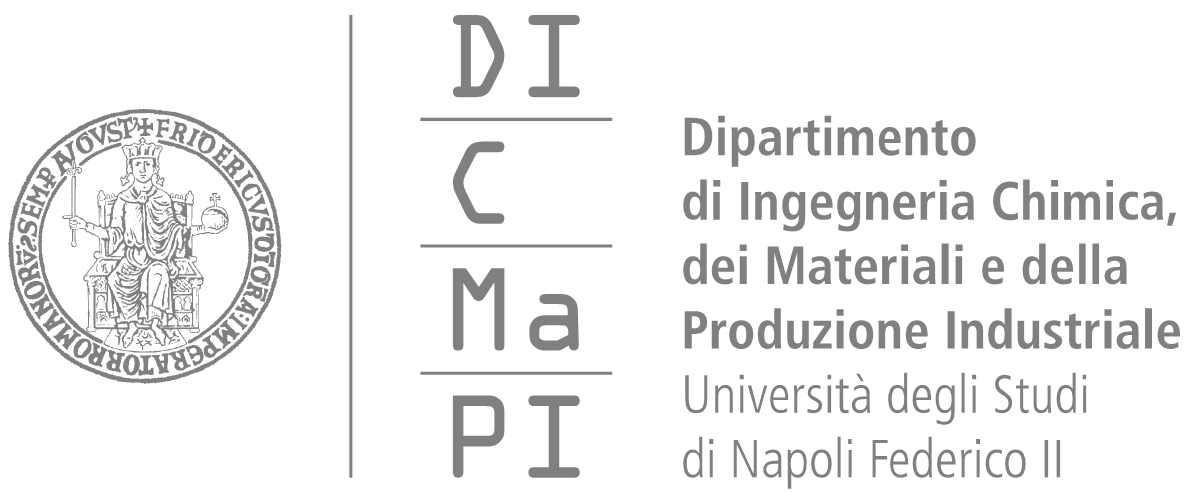
Università degli Studi di Napoli Federico II, ITALY
The University of Naples Federico II (Italian: University of Naples Frederico II) is a public university based in Naples, Italy. Founded in 1224, it is the oldest non-religious public university in the world, and it is organized into 26 Departments and one University Hospital. The University is the third largest in Italy with over 70,000 students with about 1,400 professors and 1,000 tenure-track researchers. The university is named after its founder Federico II. Since October 2016, the University hosts the first Apple Developer Academy of Apple IOS. In iPC UNINA will develop computational models to aid in the identification of molecular targets and drug repositioning in individual patients building on its expertise in computational systems biology. UNINA will lead WP8 on Drug Prediction Models.

Universiteit Gent, BELGIUM
Today Ghent University attracts over 41,000 students, with a foreign student population of about 10% (30% of PhD students). In 2016, the university invested over 297 million Euros in research projects on behalf of public and private partners, and employed around 7,300 academic staff members. Ghent University is ranked 62nd in the Shanghai and 118th in the Times ranking. The University has participated in more than 200 research projects in the EU’s Sixth Framework Programme (2002-2006) and in 263 research projects in the Seventh Framework Programme, of which it coordinated 42 collaborative projects. The university provides excellent training opportunities to both young and experienced researchers, for which it has been rewarded the HR Excellence in Research label by the European Commission. Ghent University awarded 674 PhD degrees in 2016 of which over 30% went to international young researchers and counts 17 highly cited authors (Thomson Reuters) among its academic staff. UGent will develop computational deconvolution models to assess immune cell type composition in blood and tumour samples from paediatric cancer patients as well as tumour subclone composition. UGent will lead WP7 and contribute to data collection and harmonization in WP1.

Barcelona Supercomputing Center, SPAIN
The Barcelona Supercomputing Center (BSC) was established in 2005 and serves as the Spanish national supercomputing facility. BSC will lead the project efforts on implementing a secure platform for data and metadata storage as well as an interactive web-based portal for data and software access. BSC will establish the interconnection with the ELIXIR Authentication and Authorization Infrastructure (AAI), and use of the most accurate workflows for any analysis run at the platform. BSC will also lead efforts at task 1.6 which is focused on generating synthetic data based on existing paediatric and non-paediatric cancer data from consortium partners and stakeholders. Furthermore, BSC will leverage its established expertise in text mining and complex network analysis to unify, analyze, and interpret multi-omics datasets and unstructured text sources, such as specialised biomedical publications and bioentities databases. In particular, BSC will adapt its set of data and text mining tools to generate a paediatric cancer-specific corpus, ranking key bioentities and relationships that will be integrated with the multi-omics data using a multi-layer network framework. BSC will support efforts at WP5, on the highly demanding queries to the relational graph generated at this WP e.g. via the central platform and/or facilitating access to HPC facilities via PRACE. BSC will be involved in a number of tasks at WP6, focused on the parameters space optimization for the existing and/or newly generated models in connection with the central platform (WP2) including the use of synthetic data generated in WP1. BSC will also be part of WP9 to guarantee that newly generated data in WP9 is properly handle internally at partners site and/or appropriated repository for later usage at the context of the central data platform. Moreover, BSC will contribute to keep a catalogue of successfully experimental validated models in this WP.

XLAB, SLOVENIA
XLAB is a Slovenian R&D performing SME, with a strong commercial background (see below) and the corresponding research group. XLAB Research is recognized as one of the strongest computer science research teams outside the academic world in Slovenia. Within WP2, XLAB will provide technical support in terms of authentication, authorization, and anonymization mechanisms for different data sources. In this work package, XLAB will develop a framework for facilitating communication between Data Access Committees and data providers/consumers. Moreover, within WP2, XLAB will build a cloud-based solution for computational models and for securing data repositories. Besides communication, dissemination, and IPR activities in WP10, XLAB will provide internal and external training activities regarding the iPC portal and the utilization of computational models developed within WP2. In WP11, XLAB will contribute to the market analysis, business planning, and, most notably, to the innovation management due to its strong internal innovation team. Similar to other partners, XLAB will also contribute to administrative tasks and will be involved in risk management processes.
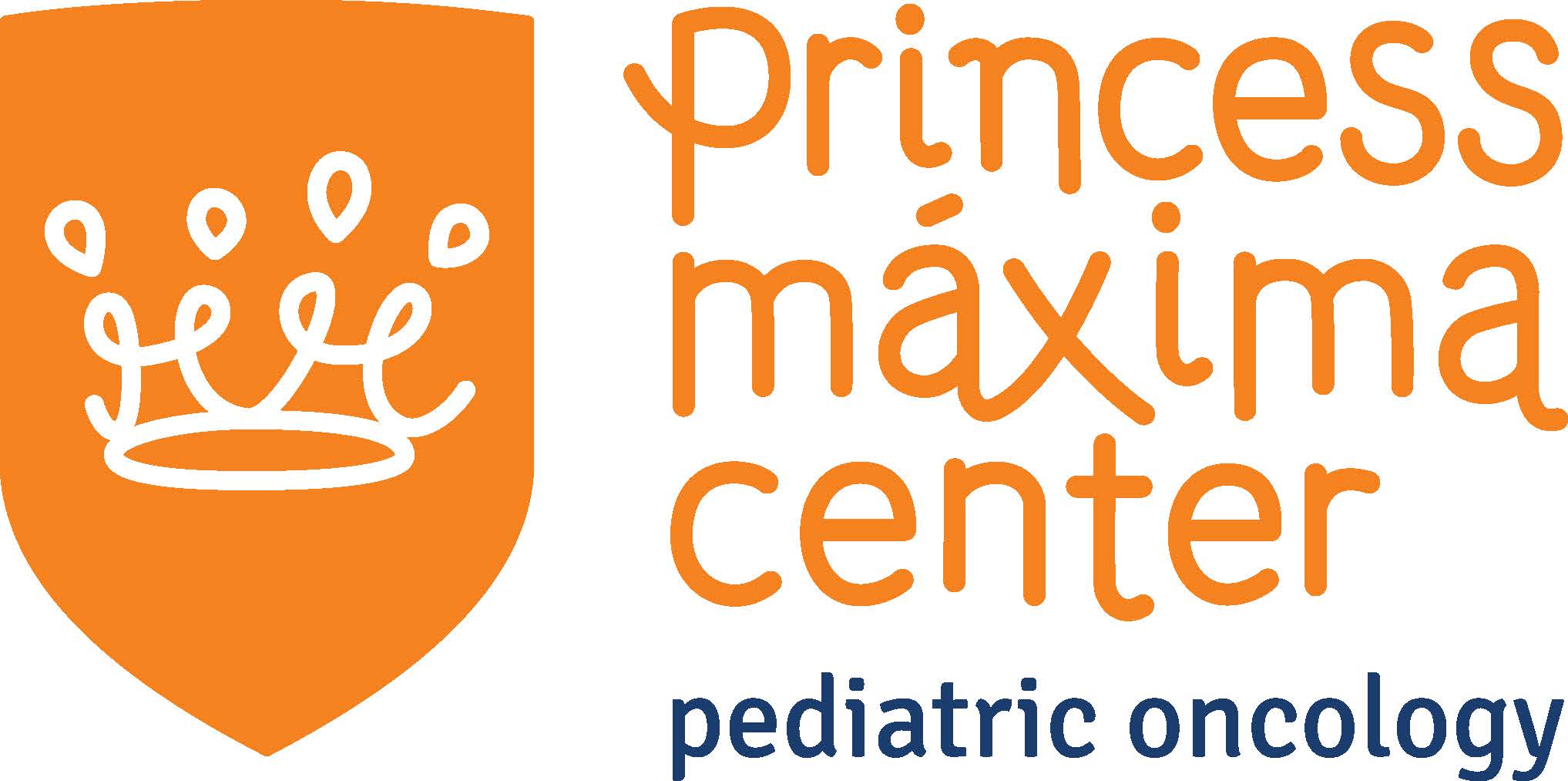
Prinses Maxima Centrum voor Kinderoncologie, NETHERLANDS
The Princes Maxima Center will be the largest paediatric cancer center in Europe which includes an integrated research institute. It is now located as a startup facility in the Hubrecht institute but the new building opened its doors in June 2018. The group of Jan Molenaar has fully focused on neuroblastoma research with a starting point in high throughput profiling. Using various resources, they identified multiple new oncogenes and aberrations in primary and relapse neuroblastoma. For further validation of these new target genes they have developed personalized model systems using tumour organoids and PDXs. The aim is to use these models in a precision medicine program to identify and validate optimal combination treatment options. Current focus is on targeting BCL2, MDM2 the RAS/MAPK pathway, the G1 checkpoint and the new target genes ATRX and TERT. In WP9, PMC will characterize preclinical models and validate predicted drugs by using in vivo models and will validate iPC findings (biomarkers, genes and/or pathways).
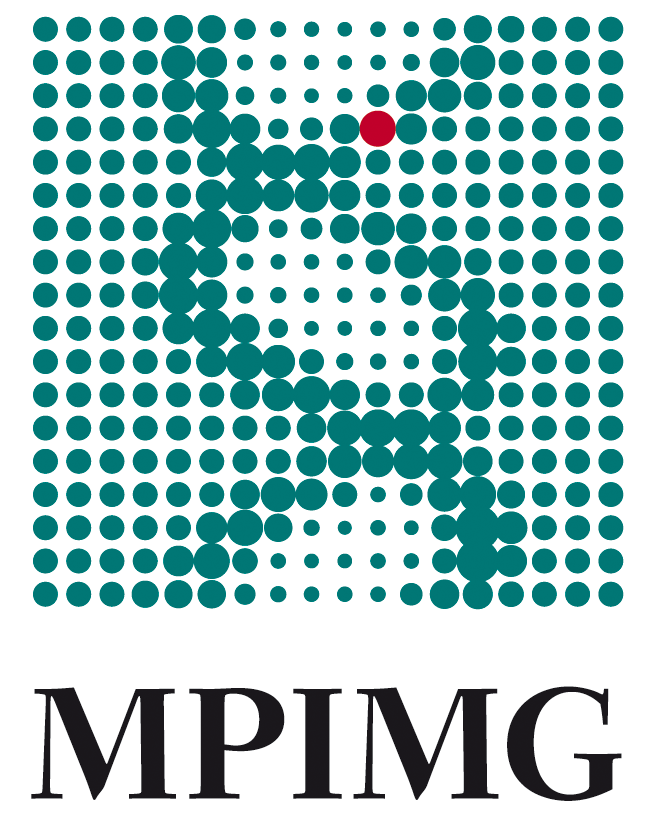
Max-Planck-Gesellschaft zur Förderung der Wissenschaften, GERMANY
The MPG is one of the key research institutes for molecular biology and is recognised internationally as a stronghold of genome and genetics research, developing and applying high-throughput technologies combined with advanced bioinformatics. The institute has outstanding expertise in the fields of NGS, highresolution microscopy, high-dimensional bioinformatics, and modelling of complex data. Research at MPIMG focuses on deciphering gene regulation networks, elucidating molecular mechanisms involved in developmental processes in model organisms as well as in the etiology of human diseases, particularly in the areas of developmental genetic conditions and cancer. Within iPC, MPG will perform genetic permutation, network-drug and gene-drug interaction screens on preclinical models for each paediatric tumour type (WP1), lead efforts on network reconstruction and analysis of drug effects (WP5), contribute to mechanistic model development and lead efforts for parameter optimisation (WP6) and conduct detailed molecular analysis of validation samples (WP9).

Academisch Medisch Centrum bij de Universiteit van Amsterdam, NETHERLANDS
The Academic Medical Centre Amsterdam (AMC) is one of the foremost research institutions in the Netherlands, as well as one of its largest hospitals. Close to 7000 people work here to provide integrated patient care, fundamental and clinical scientific research and teaching. The AMC complex houses the university hospital and the faculty of medicine of University of Amsterdam as well as the Emma Children’s Hospital, the Netherlands Institute for Neuroscience, the medical department of the Royal Tropical Institute and the Amsterdam Institute for Global Health and Development. For the consortium our paediatric datasets (WP1), ability to link out to the R2 platform (for further data mining), and the implementation of proposed API communications (WP2) will be valuable. We will also lead the harmonisation of the public data, as well as annotations, to provide the required input for the other work packages (WP1). Besides that, AMC also have a deep understanding of omics data in relation to neuroblastoma (WP9).
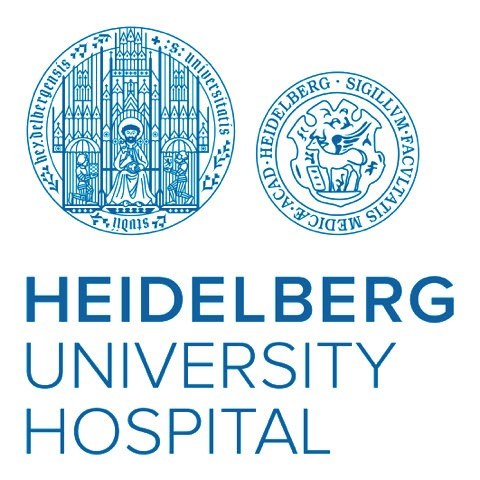
Universitätsklinikum Heidelberg, GERMANY
Heidelberg University Hospital with its 43 specialised clinical departments is one of the leading medical centers in Europe. Every year, hundreds of thousands of patients from all over Germany and many other countries come here to make use of our modern treatment facilities. Heidelberg University Hospital is constantly developing new methods of diagnosis and treatment at the forefront of biomedical science for the benefit of all patients. Our team is located at Bioquant, the centre for “Quantitative Analysis of Molecular and Cellular Biosystems”, which groups researchers working on systems biology. Here, we develop and apply computational methods to acquire functional understanding of biological networks and their deregulation in diseases. We have built up our expertise around extracting knowledge from the integration of pathways and omics data together with machine learning and statistical inference. We exploit this knowledge in diverse contexts, but mainly focused in developing novel therapeutics, and predicting drug responses. Besides, we co-direct the DREAM challenges, a crowdsourcing effort to advance scientific understanding of fundamental problems in systems biology and translational medicine. Our expertise will be mainly leveraged in the WP8, where we concentrate on building predictive and mechanistic models and to setup a DREAM challenge.

Germans Trias i Pujol Research Institute (IGTP), SPAIN
The Germans Trias i Pujol Research Institute (IGTP) is a public research centre in the Autonomous region of Catalonia in Northern Spain dedicated to increasing scientific knowledge with the aim of improving the care and lives of patients. The IGTP is affiliated with the Universitat Autònoma de Barcelona (UAB) and the modern tertiary teaching hospital the Germans Trias i Pujol University Hospital (HUGTP) which provides state-of-the-art health care for the Northern Metropolitan Area of Barcelona. The IGTP is accredited as a Centre of Excellence for Health Research by the Instituto Carlos III of the Spanish Ministry of Science Innovation and Universities and as such coordinates research across several institutes on the campus. The childhood Liver Oncology (c-LOG) Research Group at the IGTP led by C. Armengol, will provide expertise on paediatric liver tumours. Specifically, the IGTP will: (i) provide proteomic, transcriptomic and genomic data from ongoing studies on HB samples in their laboratories (WP1); (ii) offer valuable input as a biological expert on HB translational research (WP3-4-8) and (iii) lead the validation and functional studies on HB by using the PHITT/ChiLTERN prospective data, organoids and orthotopic PDX models (WP9).
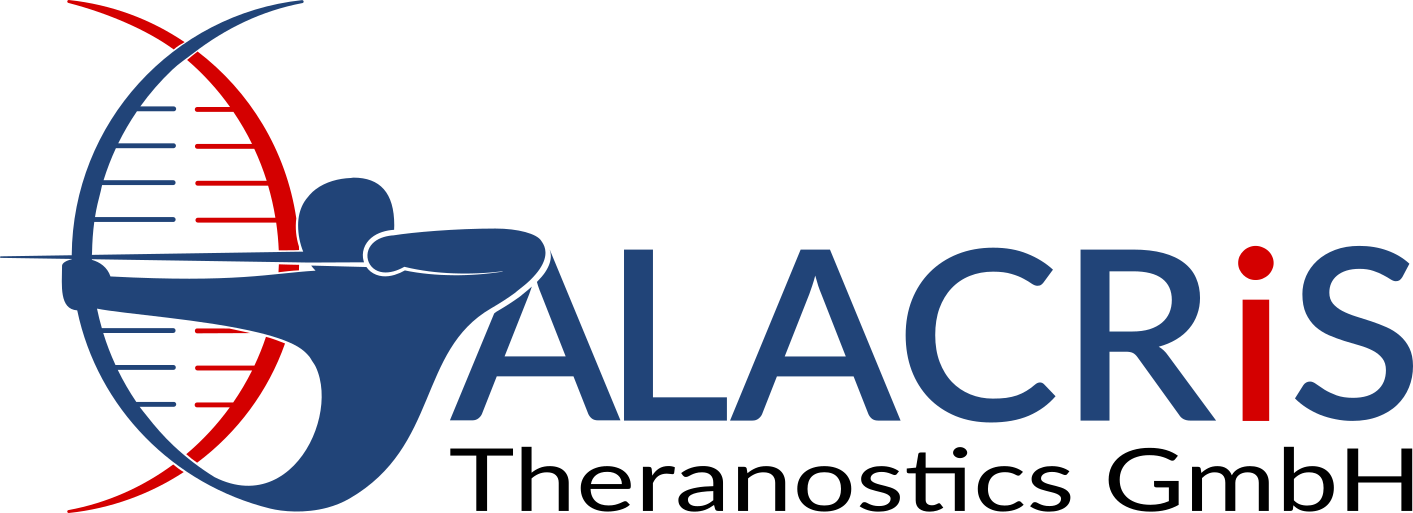
Alacris Theranostics, GERMANY
Alacris Theranostics GmbH is a Berlin-based company founded in 2008 by pioneers in the fields of technology development, genomics, next generation sequencing applications and systems biology. Our mission is to develop innovative concepts and sustainable solutions for revolutionizing healthcare, biomarker discovery and drug development, with an initial focus on molecular oncology and precision medicine. The Alacris team has long-standing expertise in interdisciplinary approaches, combining sequencing technologies, large-scale operations, advanced computing, high dimensional data analytics and bioinformatics systems, allowing us to offer a wide range of leading-edge services. Within iPC, Alacris will lead WP6, further developing and optimising the mechanistic modelling platform ModCell and generating drug response predictions and detailed molecular analysis and modelling reports. Alacris will also collect existing small-molecule perturbation and drug-sensitivity data from in-vitro and preclinical assays (WP1), provide mechanistic constraints for incorporation into the knowledge graph (WP5) and support detailed molecular analysis of validation samples (WP9).

Universität Zürich, SWITZERLAND
With its 26,000 enrolled students, the University of Zurich (UZH) is Switzerland's largest university offering a wide variety of Bachelor's, Master's and PhD programs. UZH's continuing education programs offer excellent learning opportunities. As a member of the "League of European Research Universities" (LERU), UZH belongs to Europe's most prestigious research institutions. Numerous distinctions highlight the University's international renown in the fields of medicine, immunology, genetics, neuroscience and structural biology as well as in economics. To date, the Nobel Prize has been conferred on twelve UZH scholars. In iPC, the Institute of Experimental Immunology is involved, in particular the research unit Inflammation Research. The research aims to understand the development of tissue-specific inflammation and the role of immunity in the tumour microenvironment. UZH performs high dimensional single cell analysis and computational biology of samples from preclinical and clinical material.
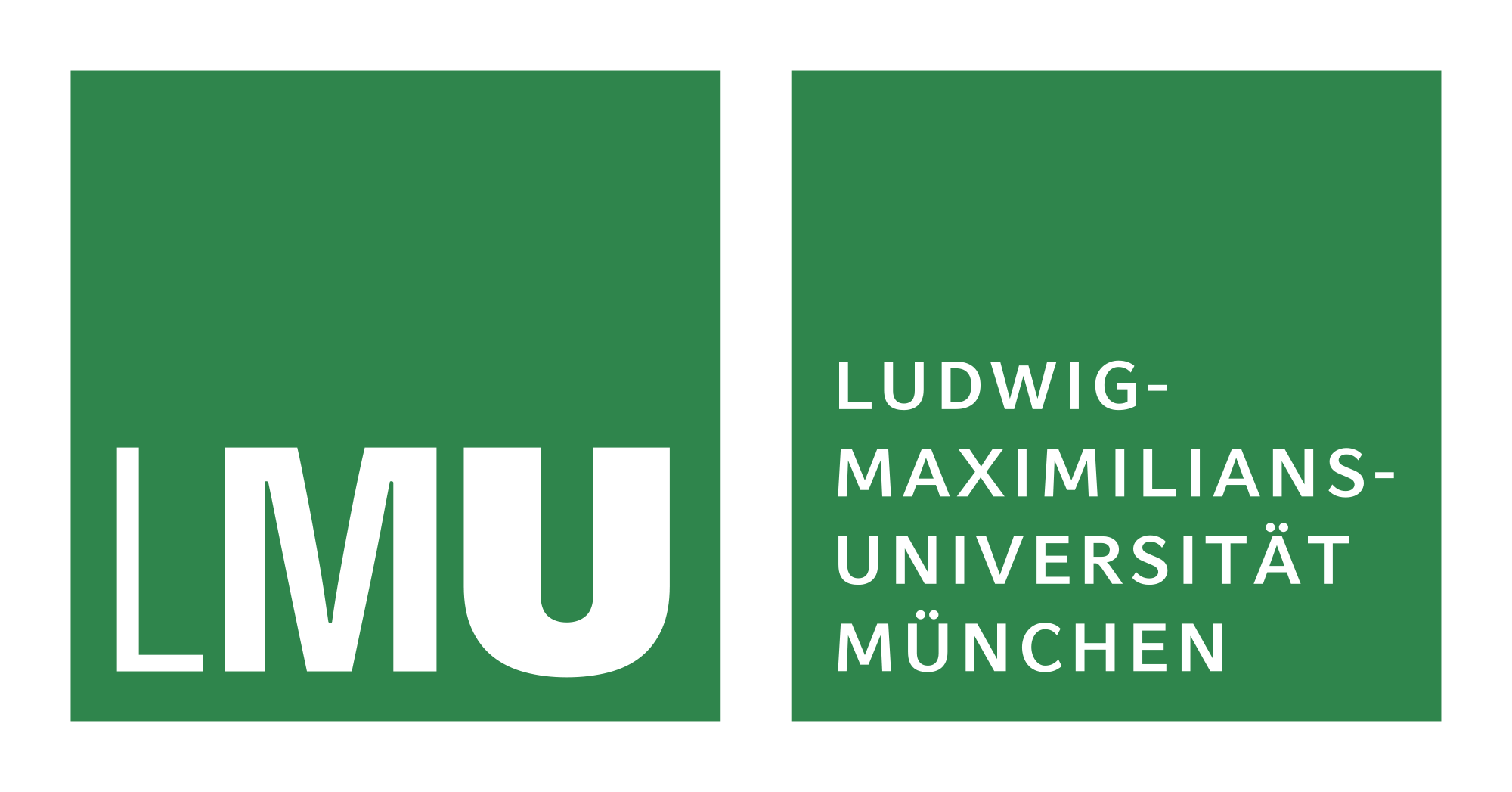
Ludwig-Maximilians-Universität München, GERMANY
The Ludwig-Maximilians University (LMU) Munich is one of Europe’s leading research universities. LMU possesses an excellent infrastructure for all kind of innovative research and applied technologies. The LMU hospital with its 45 specialist departments and more than 2,000 beds provides state-of-the-art healthcare and medical training. The medical faculty has achieved an international reputation and standard in both academic and clinical work, as illustrated by collaborative research centres, postgraduate research training groups, research units, and national and international joint projects. Besides neurosciences, oncology displays the second integral research topic of the medical faculty of LMU, with a strong emphasis on the translation of basic research into clinics. Thus, many clinical trials and tumour registries are led by principal investigators of LMU hospital. R. Kappler will help evaluate and interpret data within WP1 as an expert for paediatric liver tumours, and will perform functional studies to test the efficacy of predicted therapeutic interventions (drugs and other perturbagens) on PDXs and patient-derived conditional reprogrammed cell lines within WP9.

The Children´s Hospital of Philadelphia, USA
Children’s Hospital of Philadelphia (CHOP) was founded in 1855 as the nation’s first pediatric hospital. Through its long-standing commitment to providing exceptional patient care, training new generations of pediatric healthcare professionals, and pioneering major research initiatives, CHOP has fostered many discoveries that have benefited children worldwide. Its pediatric research program is among the largest in the country. The Center for Data Driven Discovery in Biomedicine (D³b) at Children’s Hospital of Philadelphia was created in January of 2016 as a transformative healthcare discovery ecosystem to support the development of personalized care for children through collaborative, data-driven science. D3b’s multidisciplinary team brings together experts in the fields of basic science, precision medicine, bioinformatics, clinical trials, and genomic research to de-silo research efforts and empower pediatric cancer and rare disease research and data sharing throughout the scientific community. D³b will support data collection and harmonization efforts in Work Package (WP) 1. D³b will provide expertise in data platform implementation and interoperability for WP2 based on their experiences and collaborations from building the Gabriella Miller Kids First Data Resource Center (Kids First DRC). D³b will further provide and support pediatric tumors as use cases under WP9 across clinical trials, multidimensional datasets, and large-scale data-driven initiatives within the U.S., and support new data generation efforts.
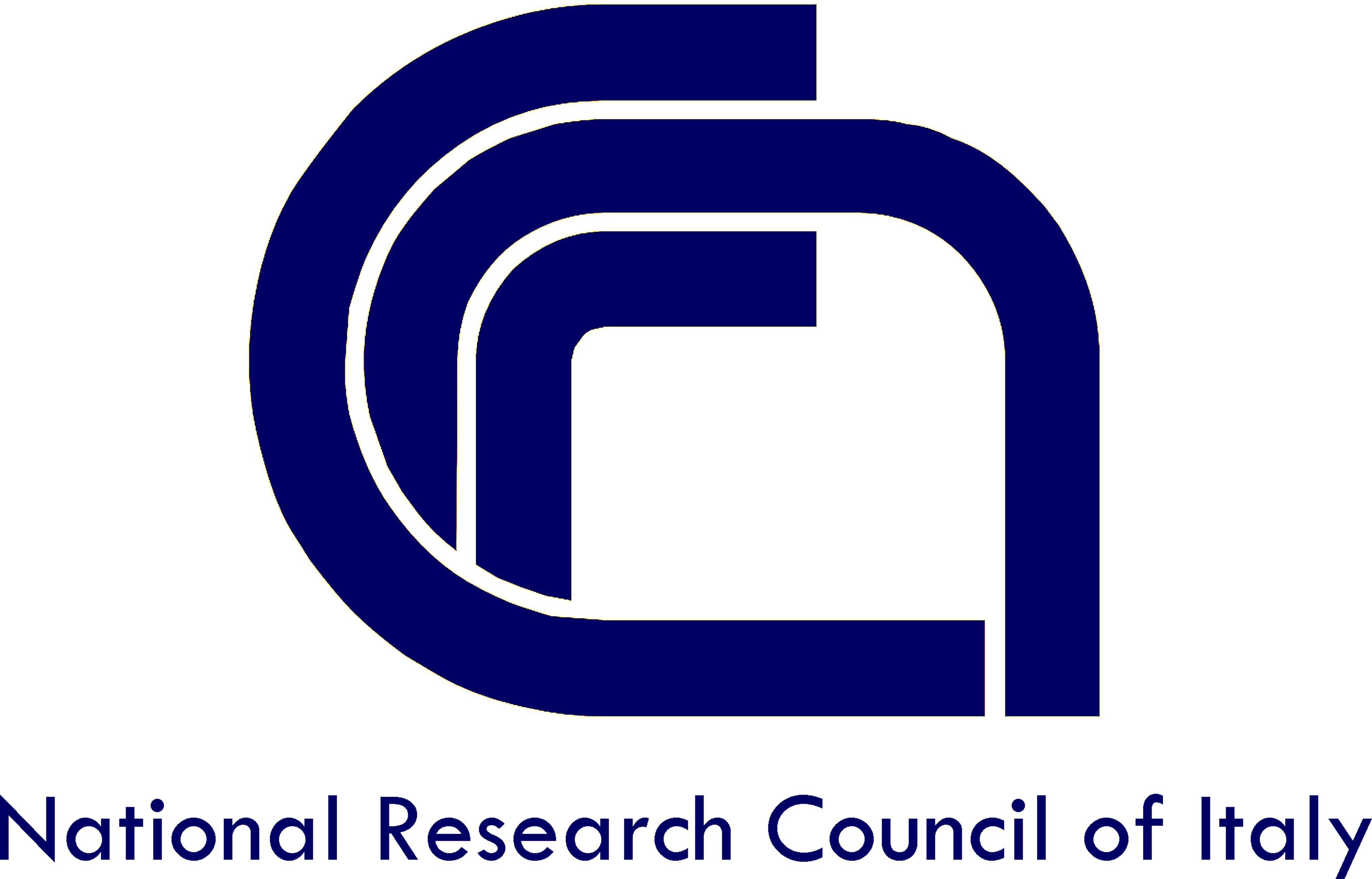
Istituto per le Applicazioni del Calcolo M.Picone of the National Research Council, ITALY
The National Research Council of Italy (CNR) is a public organization; its duty is to carry out, promote, spread, transfer and improve research activities in the main sectors of knowledge growth and of its applications for the scientific, technological, economic and social development of the Country. CNR is distributed all over Italy through a network of institutes aiming at promoting a wide diffusion of its competences. The team of the CNR will be composed by researchers working at the Istituto per la Applicazioni del Calcolo “M. Picone” (IAC). The IAC, the eldest CNR-Institute, founded in 1927 has a scientific staff of 55 researchers. The specific mission of the Institute is "to develop highly advanced mathematical, statistical and computational methods in order to solve, in a mostly interdisciplinary contest, problems with strong relevance to society and industry". Many fields involved by the current project are covered by scientists at IAC, such as: mathematical modelling, PDEs, probability theory, statistics, numerical analysis, fluid mechanics, kinetic theory, nonlinear dynamical systems, complex systems, mathematical biology, simulation, high- performance computation, optimization, control theory, traffic modelling. CNR is mainly involved in WP2, WP6 (lead Task 6.6), WP8 and WP9.
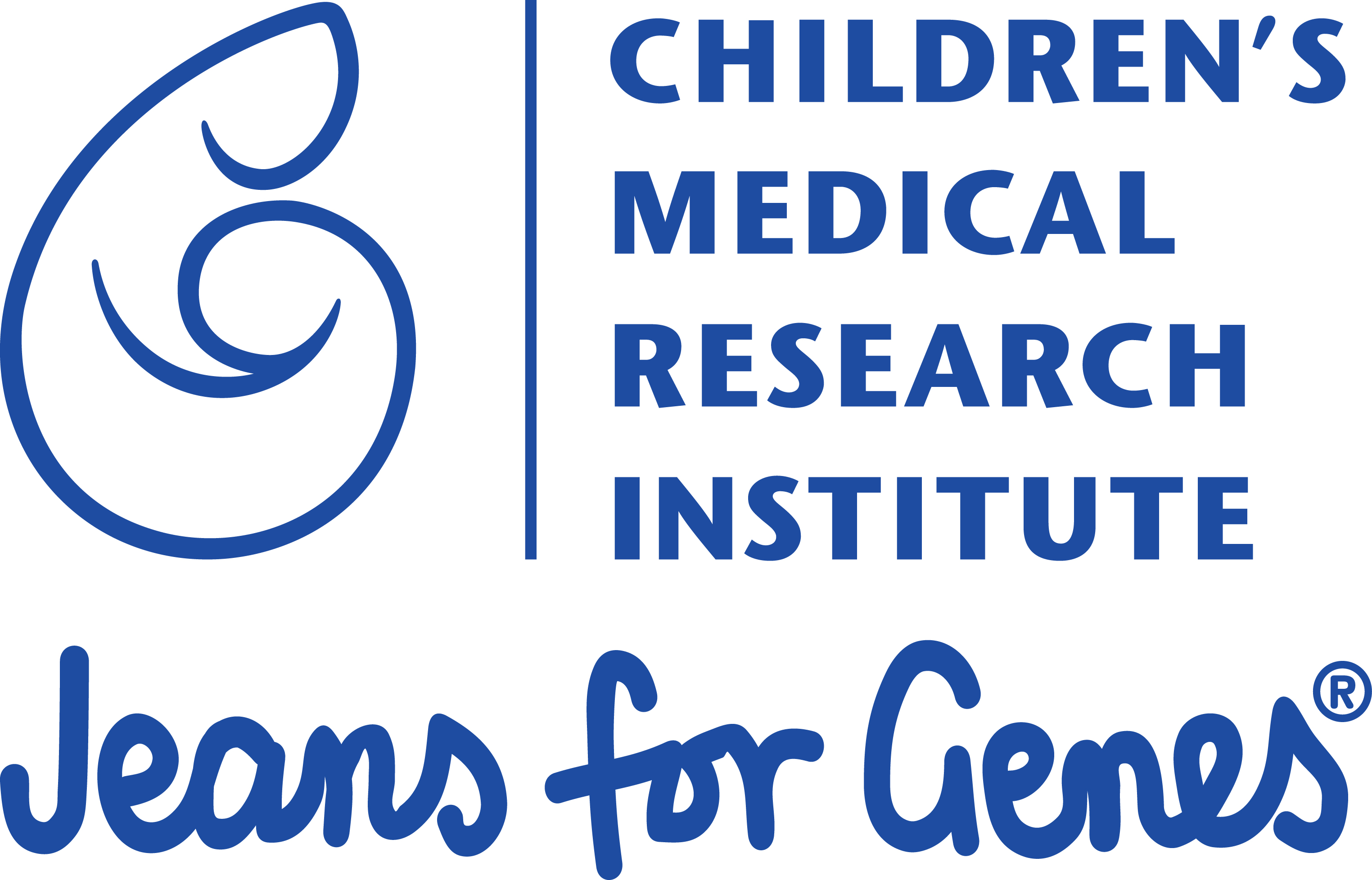
Children´s Medical Research Institute, AUSTRALIA
Children's Medical Research Institute (CMRI) is an Australian-based independent medical research institute that conducts research into the fundamental causes of disease. CMRI is the organiser of Australia's Jeans for Genes® campaign. Since 1958, CMRI has tackled leading causes of death in children, saving lives by introducing intensive care for premature infants and vaccinations, for example. CMRI is an affiliate of The University of Sydney and trains undergraduate and postgraduate students. CMRI’s main tasks in iPC are to provide quantitative proteomic data that will help train in silico models of cancer. CMRI has established high-throughput, semi-automated sample preparation protocols to load six mass spectrometers, operating 24 hours per day, seven days per week. The data from all instruments can be analysed together. The large-scale nature of the data makes it suitable for correlation with genomic and other omic data, analysis by machine learning, and development of new algorithms. CMRI has considerable experience with proteomic analysis of cell lines, as well as fresh-frozen and formalin fixed paraffin-embedded (FFPE) tissue samples and resolving the unique issues in handling materials from many sources in high-throughput capacity.

Deutsches Krebsforschungszentrum Heidelberg, GERMANY
More than 450,000 people are diagnosed with cancer each year in Germany. Cancer is a disease that poses enormous challenges to research, because every cancer is different and its course can vary immensely even from one patient to the next. To perform research into cancer is the task of the German Cancer Research Center (Deutsches Krebsforschungszentrum, DKFZ) according to its statutes. DKFZ is the largest biomedical research institute in Germany and a member of the Helmholtz Association of National Research Centers. In over 90 divisions and research groups, more than 3,000 employees, of which more than 1,200 are scientists, are investigating the mechanisms of cancer, are identifying cancer risk factors and are trying to find strategies to prevent people from getting cancer. The contribution to iPC will be to (i) provide (epi-) genomic data of paediatric medulloblastoma that have been obtained through different studies (mainly the ICGC PedBrain Consortium), (ii) to share the expertise in paediatric brain tumours regarding the training and interpretation of bioinformatic modelling, and (iii) to perform validation of the computational predictions through various medulloblastoma models (PDX, GEMMs, others). DFKZ is mainly involved in WP2 and WP9.
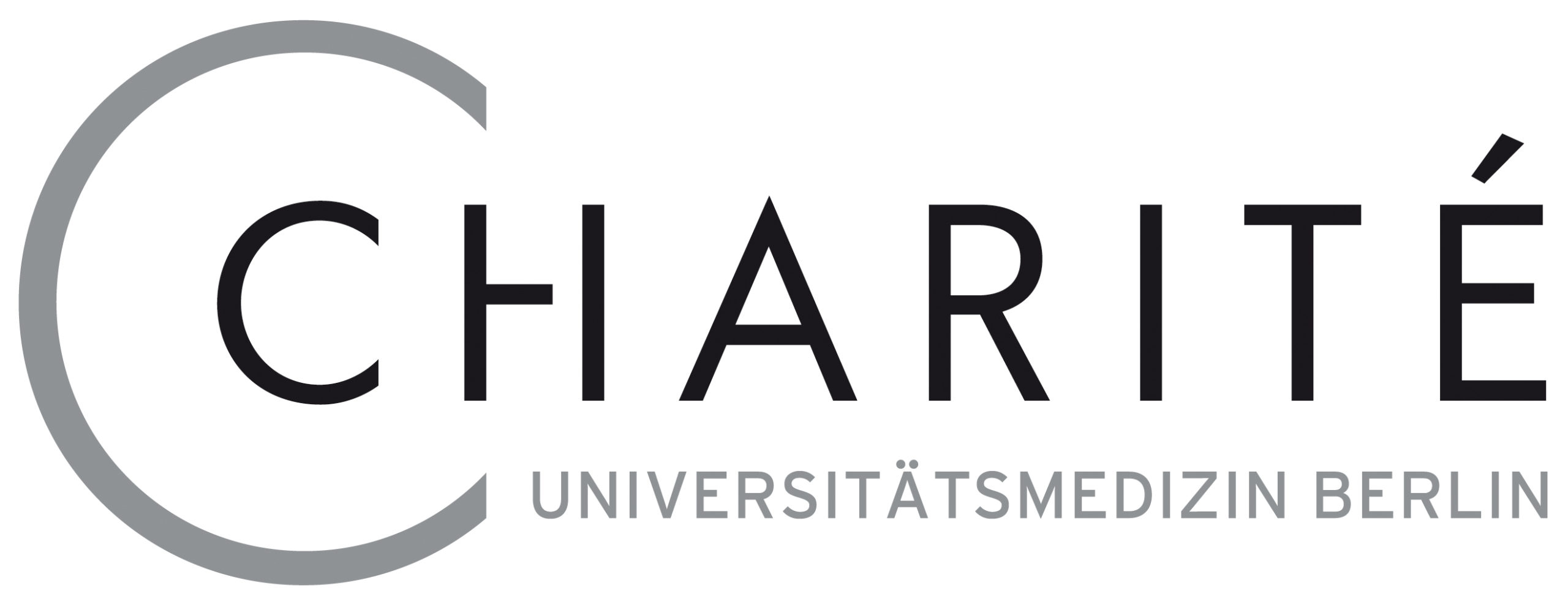
Charité - Universitätsmedizin Berlin, GERMANY
The Charité is a healthcare system comprised of 3 university hospitals blended into a single institution Charité – Universitätsmedizin Berlin 15 years ago. The Charité is the largest university hospital in Europe. It has a long-standing commitment to reducing inequities in health care and research. The close to 100 different Charité departments and institutes are organized in 17 different CharitéCenters (CC). The Charité Pediatric Cancer Center is part of CharitéCenters 17 located at Charité Campus Virchow-Klinikum together with eight additional, independent and closely collaborating pediatric departments providing comprehensive care for pediatric patients of all subspecialties. The main contribution of CHARITE will be to provide additional pseudonymized health data after defining cohorts and agreeing on data by Charité Berlin. Published data sets will be provided. Charité Berlin will contribute to set up research questions together with UZH and MPG, and actively participate in discussions of analysis concepts and analyzed data.